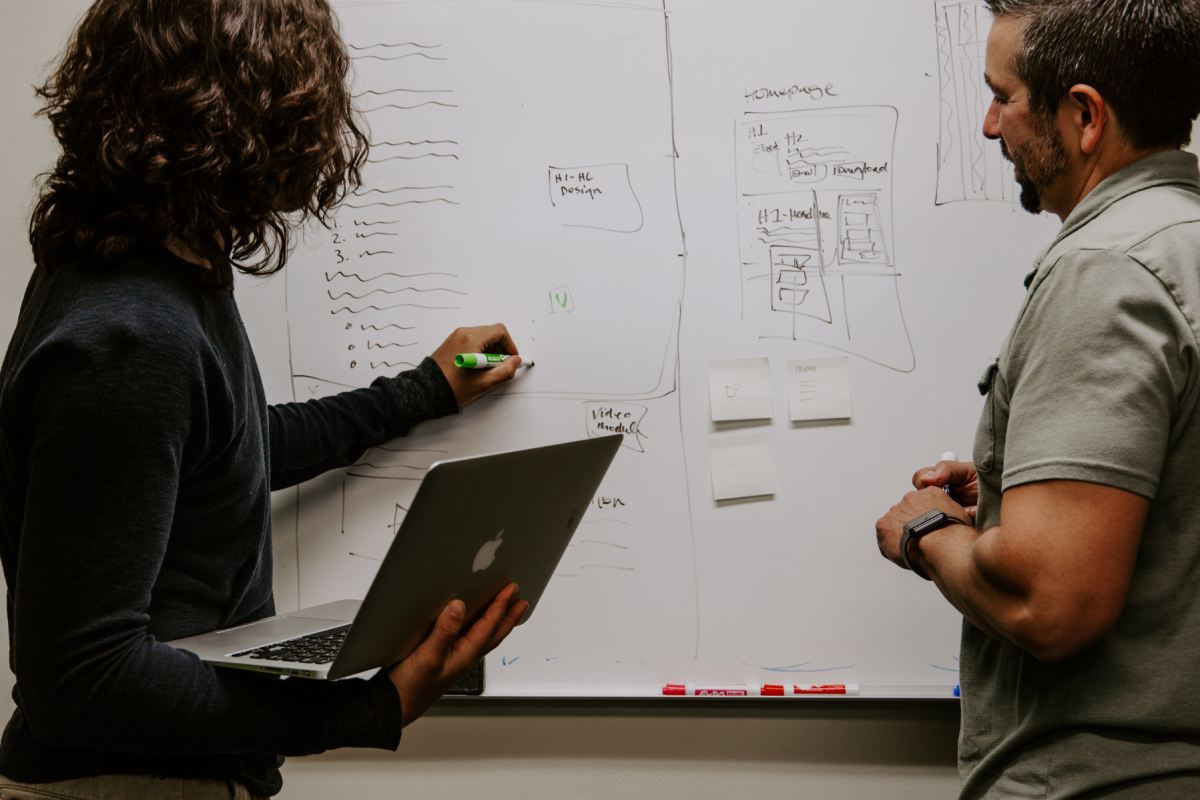-
Streamlining Success: The Power of Project Portfolio Management

In today’s fast-paced business environment, organizations face numerous challenges in managing multiple projects simultaneously. Project Portfolio Management (PPM) has emerged as a vital strategy to help businesses align their project initiatives with organizational goals, optimize resource allocation, and maximize overall success. This article explores the significance of PPM and how it enables businesses to achieve…
-
Project Risk Management: Mitigating Uncertainties for Successful Project Execution

In the realm of project management, the ability to anticipate and manage risks is crucial for ensuring the successful execution of any endeavor. Project risk management refers to the systematic identification, assessment, and mitigation of potential threats and opportunities that may impact project objectives. This article explores the importance of project risk management and provides…
-
What is the Importance of Task Tracking in Project Management?

Project management is the process of planning, organizing, and controlling resources to achieve specific goals and objectives. It involves a wide range of activities, including planning, scheduling, budgeting, and monitoring, among others. One critical aspect of project management is task tracking, which involves the monitoring of project tasks to ensure that they are completed on…
-
Why is Project Scheduling Important?

Project scheduling is an essential aspect of project management that involves organizing, planning, and allocating resources to achieve a specific goal within a specific timeframe. It involves identifying project activities, determining their sequence, and establishing their duration, which ultimately creates a project timeline that outlines the expected start and end dates for each activity. Proper…
-
The Best Project Management Apps on Android and iOS

Project management is an essential aspect of any successful business, whether it is a small startup or a large corporation. The use of project management apps has become increasingly popular in recent years, and for good reason. With the rise of remote work and distributed teams, project management apps have made it easier to collaborate…
-
How Do You Make an Effective Communication Plan?

In any project, effective communication is a critical factor that can either make or break the project’s success. A communication management plan is a document that outlines how communication will be managed throughout a project’s lifecycle. It is a crucial aspect of project management and can be used to ensure that communication is clear, concise,…
-
The Benefits of Using Project Management Tools for Agencies

Agency project management tools are software applications designed to help agencies and their teams manage projects more effectively. They provide a centralized platform for project planning, task management, resource allocation, and collaboration among team members. These tools can greatly improve the efficiency and productivity of an agency by streamlining workflows and reducing the time and…
-
Follow These Project Management Blogs

Project management is a complex field, and it requires a combination of knowledge, skills, and experience to execute a successful project. As a result, project managers need to stay up to date with the latest trends and best practices to ensure that they can manage their projects effectively. One of the most effective ways to…
-
Best Practices for Project Schedule Management

Project schedule management is the process of creating, monitoring, and controlling a project’s schedule. It is an essential component of project management as it allows project managers to ensure that the project is completed on time and within budget. Proper project schedule management ensures that resources are allocated efficiently, tasks are completed on time, and…
-
What is Waterfall Project Management?

Waterfall project management is a traditional approach to managing projects that has been widely used in various industries, including software development, construction, and manufacturing. This method is characterized by a linear and sequential approach, where each phase of the project is completed before moving to the next phase. The five key phases of the waterfall…
